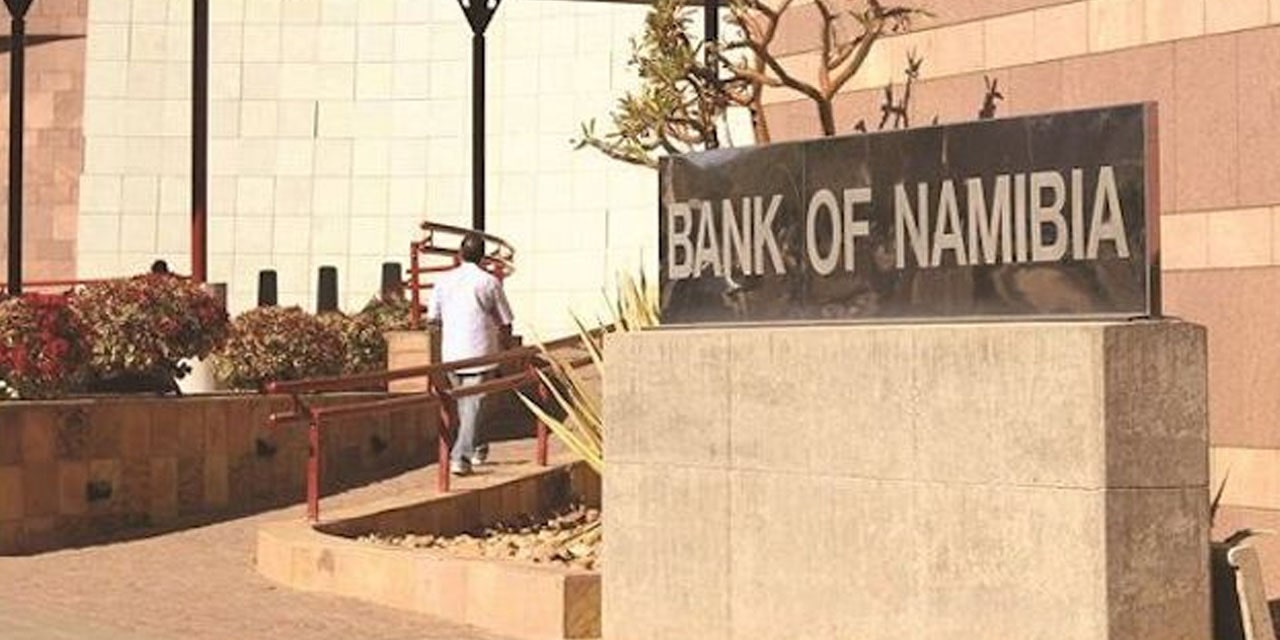TUJOROMAJO KASUTO
THE Financial Intelligence Centre (FIC) says Suspicious Transactions Reporting detected a 36 percent increase in fraudulent activity from members of the public and a 15,8 percent decrease from financial institutions.
This was revealed by the director of the centre, Leonie Dunn, in the institution’s financial statements for the year ended 31 March 2021 in which he said the review had underlined the significance of the FIC’s intelligence services as unscrupulous entrepreneurs consistently tested the environment for opportunities to take advantage of the pandemic to enrich themselves, expand and advance their enterprises through crime.
“FIC’s intelligence disclosures are being sought in record numbers from key competent authorities locally and internationally. In this regard, 2020/21 the centre received 80 requests for information from key competent authorities. This represents an increase of 7% from 75 requests received in the 2020 financial year,” she said.
Minister of Finance, Iipumbu Shiimi said despite the many challenges ahead on the road to revitalisation, it remains important for governments to continue effectively implementing the risk-based Anti-Money Laundering and Combating the Financing of Terrorism and Proliferation Councils (AML/CFT/CPF) international standards to ensure that criminals and terrorists do not find new and emerging loopholes in our financial systems to exploit.
According to Shiimi the 2019/2020 annual report suggested that Namibia was currently under her second mutual evaluation by the Eastern and Southern African Anti-Money Laundering Group (ESAAMLG) aimed at assessing the effectiveness of our national AML/CFT/CPF framework.
During this period, the FIC continued to take the lead in preparing national stakeholders for the mutual evaluation and on-site assessment which was scheduled to take place from the end of June 2021, but had to be postponed due to the surge of the Covid-19.
“In preparing for the on-site assessment and to ensure that Namibia does not obtain critically low ratings, the FIC co-chaired a national committee to facilitate access by the regulated populace to the Ministry of Home Affairs, Immigration, Safety and Security database for purposes of verification of identity.
“They also ensured the establishment of an Integrated Investigative Task Force, the FIC and the Anti-Money Laundering and Combating the Financing of Terrorism and Proliferation Council continues to be reliable valued partners to government as adviser on Money Laundering(ML), Terrorist Financing (TF), Proliferation Financing (PF) policy matters,” he added.
Governor of the Bank of Namibia and chairperson of AML/CFTP Council, Johannes !Gawaxab echoed Shiimi’s sentiments stating: “Criminals continue to seize opportunities to adapt their modus operandi and to develop new ways of perpetuating their criminal activities. For instance, the period under review showed a mushrooming of illegal financial schemes and scams. We are resolved to disrupt such activities and close all loopholes available to ensure that the financial system is free of such activities.”
Gawaxab applauded the FIC for its service to the nation stating that the FIC had shown its capability to disrupt money laundering, terrorist financing, proliferation financing and other financial crimes to protect Namibia and its citizens in this challenging period.
“Notwithstanding the challenges faced, under the guidance of the Anti-Money Laundering and Combating the Financing of Terrorism and Proliferation Council (AML/CFTP Council), I congratulate the FIC staff for their work,” he said.




